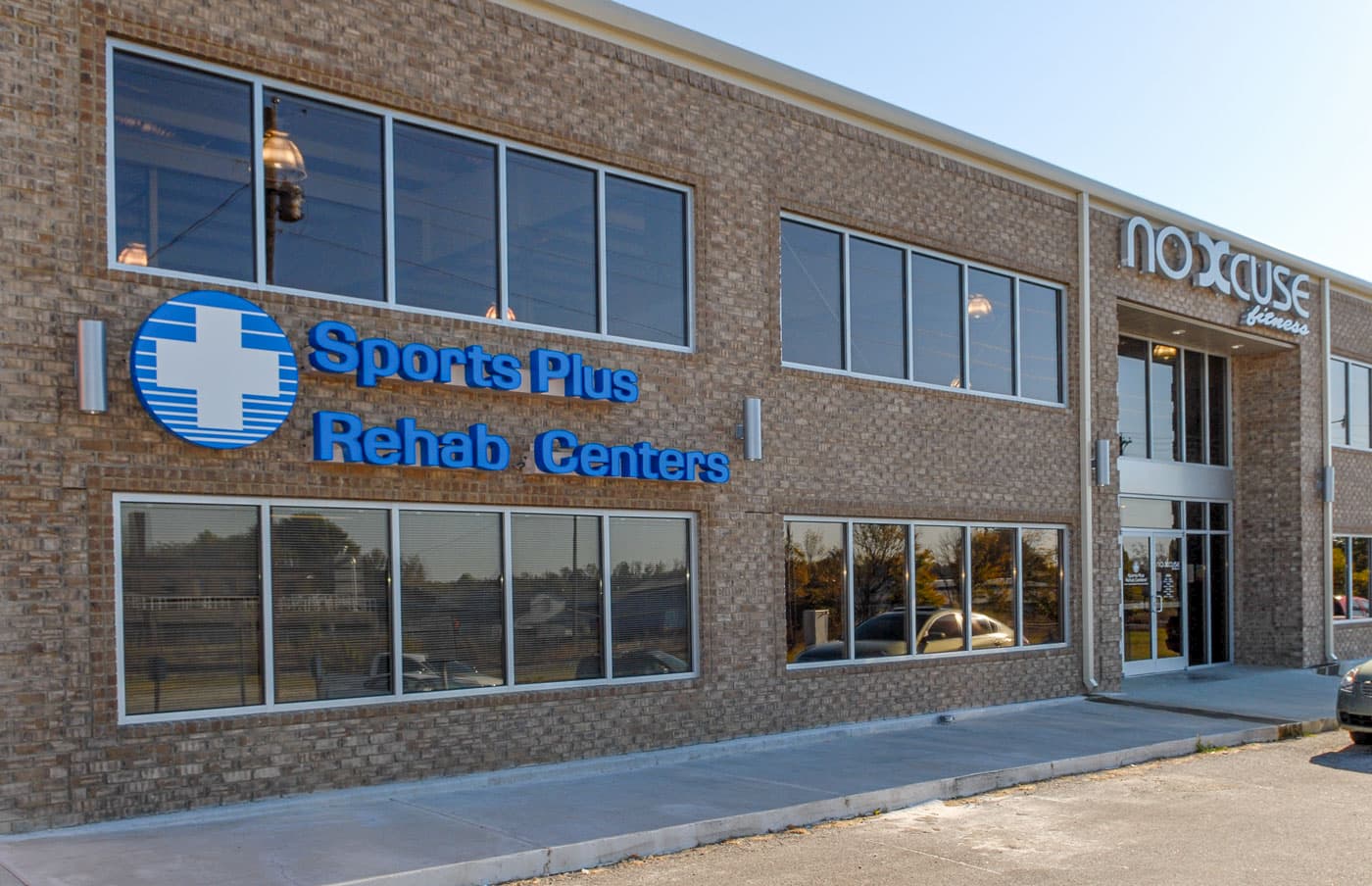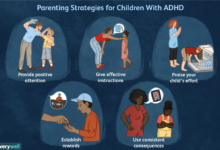Whether you or a loved one is seeking help for substance abuse or another type of addiction, selecting the appropriate facility is essential. And when searching for the right rehabilitation center, it’s important to consider the key factors. In this article, we will delve into the ten aspects to look out for in rehab centers. These elements not only guarantee an effective treatment journey but also set the stage for long-lasting recovery.
1. Accreditation and Licensing
An initial aspect to consider while looking for rehab centers in San Diego is their accreditation and licensing status. It’s vital to ensure that the facility holds credentials from recognized organizations such as the Commission on Accreditation of Rehabilitation Facilities (CARF). This certification indicates that the facility upholds the highest standards of care and maintains best practices.
2. Treatment Approaches
As individuals respond differently to different treatment methods, it’s pivotal to select a rehab center that offers multiple options. Seek facilities that offer evidence-based treatments like Cognitive Behavioral Therapy (CBT), personalized counseling sessions, group therapy, and holistic practices such as yoga or meditation. A range of approaches enhances the likelihood of identifying what suits each person best.
3. Experienced Staff
The effectiveness of rehabilitation centers heavily relies on the qualifications and experience of their staff members. It is crucial to evaluate the background of counselors, therapists, medical professionals, and support staff employed at the facility. Make sure they hold the right certifications, have undergone sufficient training, and possess significant experience in dealing with substance abuse or specific addictions.
4. Individualized Treatment Plans
Each individual’s path to recovery is unique; hence, personalized treatment plans play a vital role in the effectiveness of the process. A reputable rehabilitation center will conduct assessments and design customized programs that cater to individual requirements. Be cautious of facilities that offer generic treatment plans without taking into account one’s background and situation.
5. Dual Diagnosis Capability
Many individuals grappling with addiction also battle underlying health conditions like depression or anxiety disorders. Opt for a rehabilitation center capable of delivering dual diagnosis treatment for care. This approach involves addressing health issues alongside addiction to promote healing.
6. Aftercare and Continuum of Care
Recovery extends beyond the completion of a treatment program. Seek a rehabilitation center that provides aftercare support and maintains a continuum of care system. This may involve outpatient services, transitional living options, or connections to community resources. A structured aftercare plan significantly boosts the likelihood of achieving long-term recovery success.
7. Family Involvement and Support
Addiction impacts not only the individual but also their family members. A rehabilitation center that values the role of family in the recovery journey can enhance the healing process. Seek out facilities that offer resources and support groups for families, as well as opportunities for family therapy sessions to promote better understanding and emotional healing.
8. Integrated Medical Services
In some cases, addiction is accompanied by certain health issues, underscoring the importance of having corresponding services on-site or nearby at the rehabilitation center. Prompt medical attention for conditions linked to substance abuse is crucial for ensuring well-being throughout the recovery process.
9. Relapse Prevention Programs
Recovering from addiction requires consistent effort, with relapse prevention strategies serving as a cornerstone in sustaining long-term sobriety. Look for facilities that provide relapse prevention programs, which may include workshops, coping skills training, and participation in support group gatherings.
10. Testimonials and Success Stories
Lastly, take a moment to peruse testimonials and success stories shared by residents or their loved ones who have experience with the services offered by the rehabilitation center. While no program can guarantee success universally, positive feedback offers insights into aspects such as the quality of care provided, the expertise of staff members, the available amenities, and the overall impact.
In Wrapping Up
Selecting the right rehabilitation facility plays a major role in the journey to overcoming addiction or substance use disorders. By taking into account aspects like accreditation and licensing, available treatment methods, experienced staff members, personalized treatment plans, capability for dual diagnosis, post-treatment support, involvement of family members, comprehensive medical services, and relapse prevention strategies, as well as positive feedback and success stories – one can make a well thought out choice. Giving importance to these factors lays a foundation for a smooth treatment process and enhances the chances of attaining lasting recovery.




